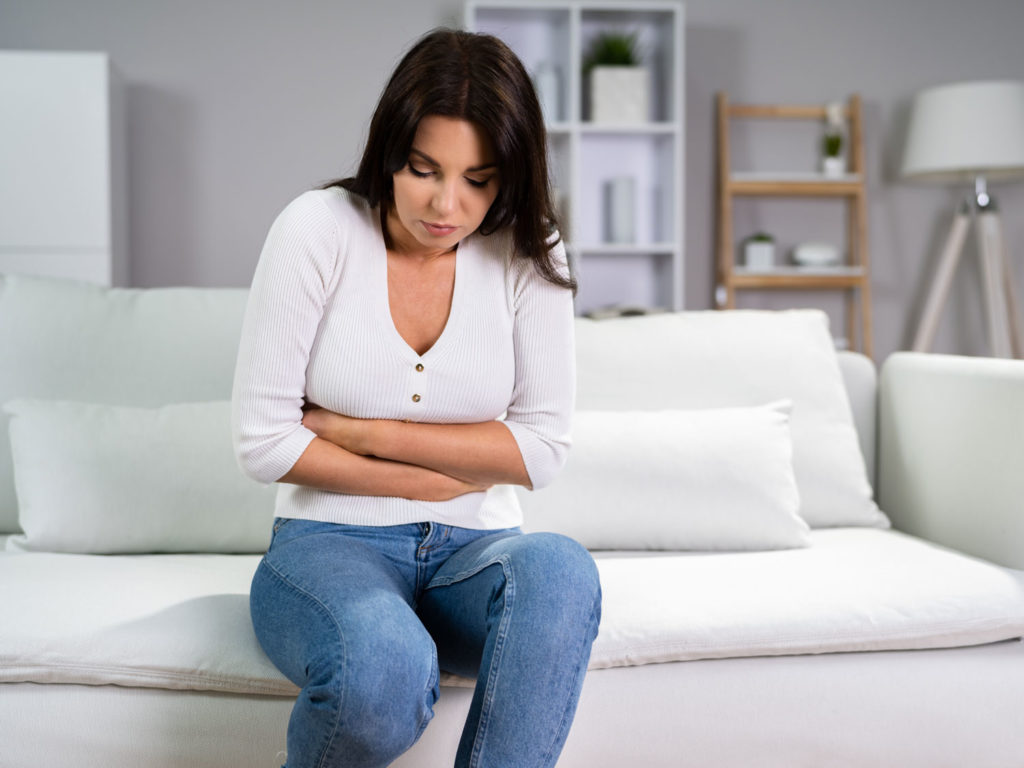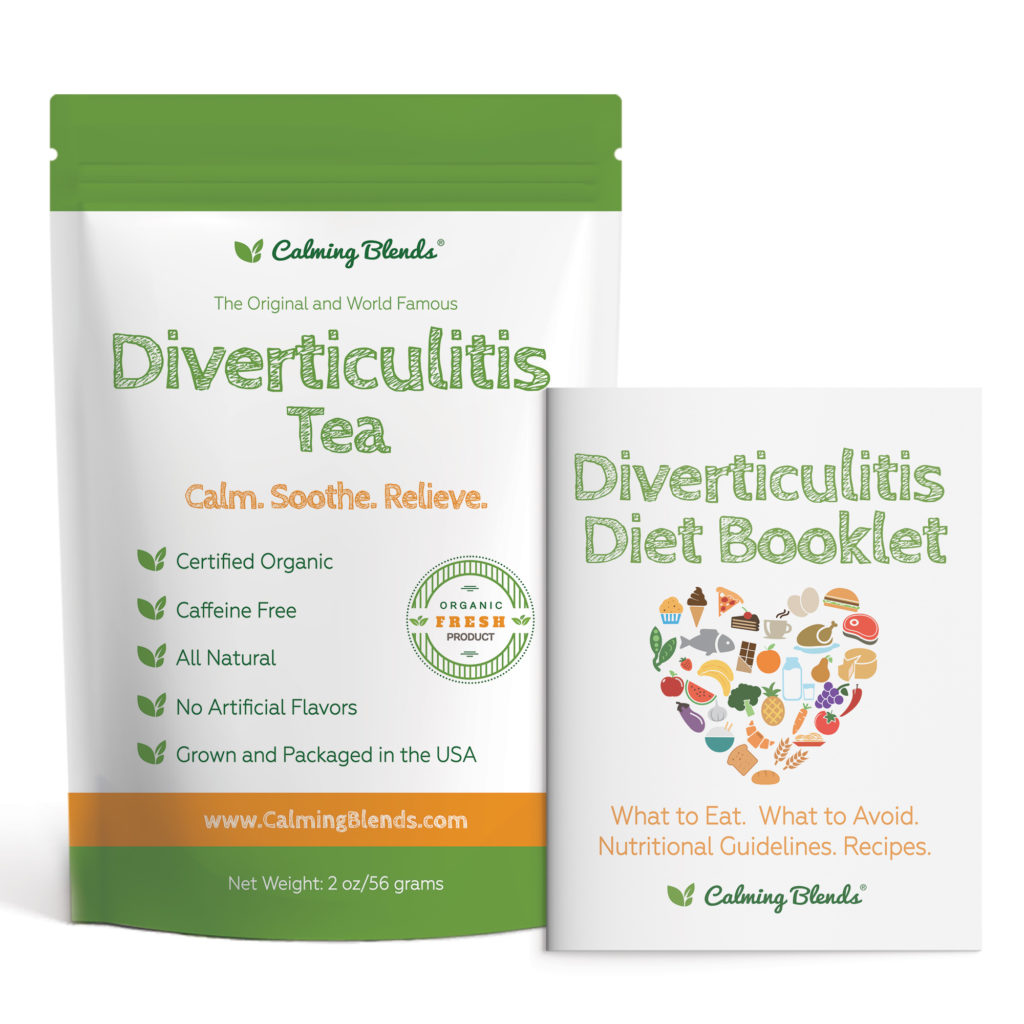Diverticulitis flare-ups are primarily caused by lifestyle factors. Diverticulitis symptoms can be exacerbated by a high-fat, low-fiber diet, which is common in Western countries. A lack of fiber in the diet can lead to constipation and bowel strain. Straining may eventually result in small pouches in the colon (diverticulitis). This article provides an overview of the diet for a diverticulitis flare-up.
Different foods may cause flare-ups in different people; however, the most common foods that may cause diverticulitis flare-ups include:
- Meats that are processed
- Red meat
- Fried foods
- Full-fat dairy foods
- Alcoholic drinks
Nuts, popcorn, and seeds were once thought to enter or block the diverticula and should be avoided in people with diverticulitis. The jury is still out on whether nuts and seeds are to be avoided. But recently, data points to the fact that these foods are high in fiber and may actually help reduce the chances of getting diverticulitis.
What should the diet for diverticulitis flare-up consist of?
If are faced with a severe diverticulitis attack or flare-up, one must adjust their diet accordingly. Primarily, one should consume a clear liquid diet followed by a low residue diet. Because it lacks the nutrients your body requires, a clear liquid diet for more than a few days can cause weakness and other complications.
Clear liquids that can be consumed during flare-ups include:
- Soda pop
- Ginger ale
- Club soda
- Water and mineral water
- Black coffee with no cream or milk
- Sports drinks with electrolytes
- Apple juice
- Tea without milk
- Honey
- Flavored gelatin
- Clear broth
When one can eat solid foods, choose low-fiber foods such as:
- Cream of wheat and finely ground grits
- White bread, white pasta, and white rice
- Canned and well-cooked fruit without skins or seeds, and juice without pulp
- Canned and well-cooked vegetables without skins or seeds, and vegetable juice
- Cow’s milk, lactose-free milk, soy milk, and rice milk
- Eggs, poultry (such as chicken and turkey), fish, and tender, ground, well-cooked beef
- Tofu and smooth nut butters, such as peanut butter
- Broth and strained soups made of low-fiber foods
Add 5 to 15 grams of fiber per day to the diet once the symptoms have improved within 2 to 14 days.
What are the causes diverticulitis?
Here are eight possible causes of diverticulitis:
- Tobacco use: Nicotine and other chemicals found in cigarettes and tobacco products can harm the lining of the colon, causing diverticulosis and, eventually, diverticulitis.
- Inactivity: Vigorous physical activity appears to reduce the risk of diverticulitis.
- Vigorous exercise, such as jogging and running, can lower overall risk.
- A study was conducted comparing men who exercise regularly and consume a high-fiber diet to men who do not exercise and consume a low-fiber diet, and the latter group was found to be at an increased risk of developing diverticular diseases.
- Physical activity is essential for maintaining overall health.
- Obesity: A larger waist circumference increases the risk of developing diverticular diseases.
- Diverticulitis and diverticular bleeding have been linked to obesity. As a result, losing weight is the best way to avoid diverticular disease.
- Genetics: Having a diverticulitis family history can increase your chances.
- Using certain medications, such as aspirin and steroids, including nonsteroidal anti-inflammatory drugs (NSAIDs).
- Age: People over the age of 40 are more likely to develop diverticulitis.
- Dehydration: A lack of water can cause waste products and bacteria to accumulate in the colon, leading to diverticulitis.
- Diet: A low fiber diet and a high fat or red meat intake can cause diverticulosis and aggravate diverticulitis flare-ups.
- Increasing dietary fiber or adopting a vegetarian diet may reduce intestinal inflammation and alter gut microbes, thereby alleviating diverticulitis symptoms.
- A cohort study found that a low fiber diet combined with high fatty foods and red meat significantly increases the risk of diverticulitis.
- A high fiber diet low in fats and red meats, or going vegetarian, can help reduce the risk of developing diverticulitis.
Important Takeaways
To reduce the chances of developing diverticular disease or avoiding an episode of diverticulitis, it is advised that you:
- Maintain an active lifestyle and avoid excessive sedentary time.
- Maintain or strive to maintain a healthy weight.
- Consume at least 30g of fiber per day.
- Consume a variety of plant-based foods such as fruits and vegetables.
- Reduce your overall meat consumption and replace it with more plant-based proteins like legumes and tofu.
- Keep hydrated to help with regular bowel movements.
- If you are chronically constipated, you should consult a doctor or a dietitian. They can help you maintain regular bowel movements.
https://www.medicinenet.com/what_triggers_diverticulitis_flare-ups/article.htm
“https://www.idealnutrition.com.au/diverticular-disease-what-to-eat-how-to-reduce-flare-ups/”


